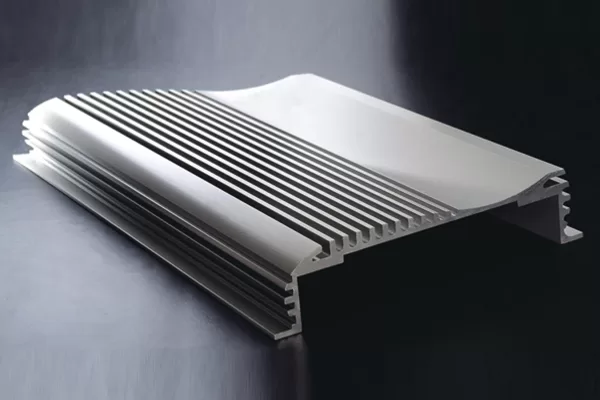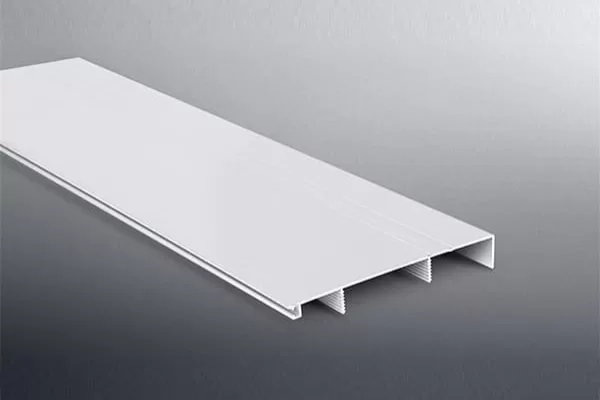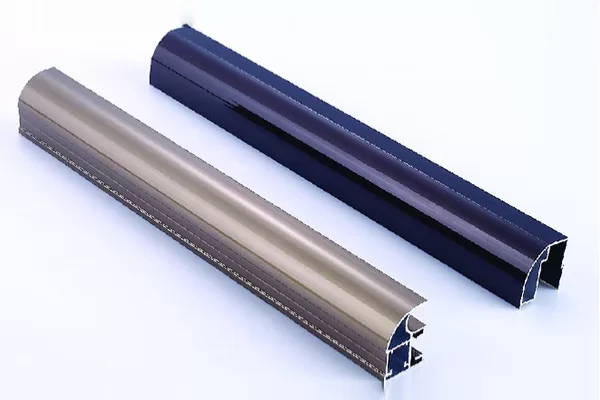Comparing Aluminum vs. Steel Frames for Solar Panels: A Battle of Durability and Efficiency
Harnessing the Sun’s energy with solar panels requires a robust foundation that can withstand the elements and ensure optimal panel performance. Choosing between aluminum and steel frames for your solar system is a crucial decision that can impact its longevity and efficiency. Let’s delve into the strengths and weaknesses of each material to help you make an informed choice.
Aluminum: The Lightweight Champion
Aluminum frames boast unmatched lightness, making them ideal for rooftop installations where weight is a concern. Their resistance to corrosion and rust means they can endure harsh weather conditions without compromising their integrity. Aluminum’s high strength-to-weight ratio allows for slimmer frames, resulting in minimal shading of the solar panels and improved overall efficiency.
Steel: The Strength Stalwart
Steel frames offer exceptional strength and durability, making them suitable for large-scale ground-mounted solar arrays or installations in high-wind areas. Their ability to withstand significant weight and pressure ensures panel stability and longevity. While steel is prone to rust, galvanized or powder-coated finishes can enhance its corrosion resistance, extending its lifespan.
Cost Considerations and Environmental Impact
Aluminum frames typically cost more than steel, but their lower weight and corrosion resistance can save on transportation and maintenance costs in the long run. Steel is generally more affordable but may require more frequent maintenance due to rust concerns. In terms of environmental impact, aluminum is more energy-intensive to produce than steel, but it is also highly recyclable, reducing its ecological footprint.
Efficiency Considerations
The frame material can indirectly impact solar panel efficiency. Aluminum’s low weight reduces the load on the panels, resulting in a slightly higher efficiency rating compared to steel frames. However, the difference is marginal and should not be the primary determining factor for most applications.
Final Verdict
Choosing between aluminum and steel frames for solar panels depends on specific project requirements and preferences. Both materials offer unique advantages and disadvantages. Aluminum excels in applications requiring lightweight and corrosion resistance, while steel provides superior strength and durability at a lower cost. By considering factors such as weight, durability, cost, and efficiency, you can make an informed decision that optimizes the performance and longevity of your solar energy system.




